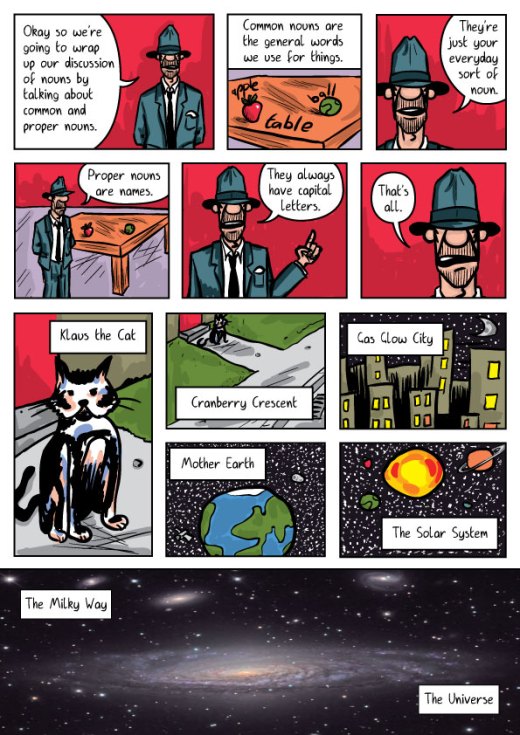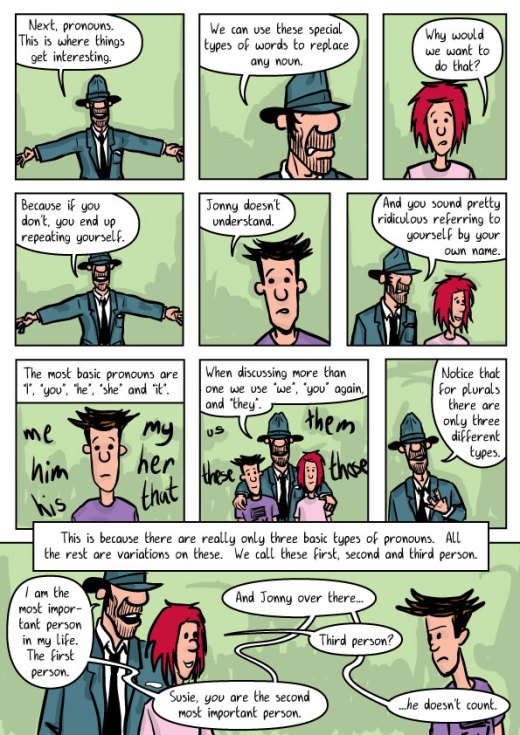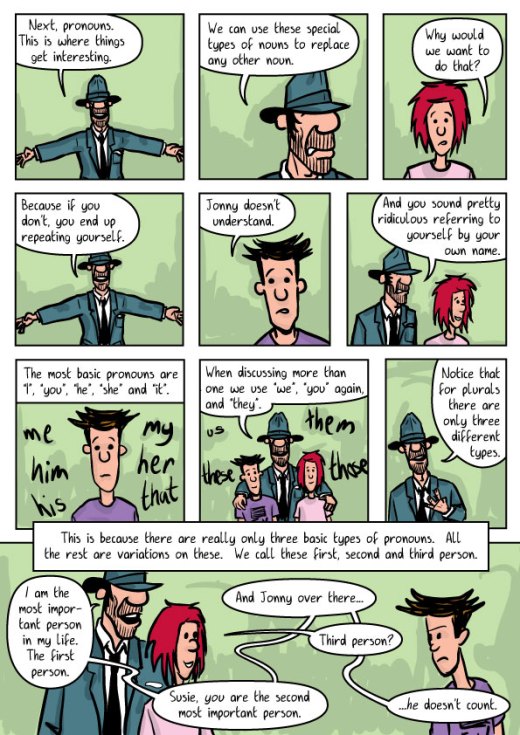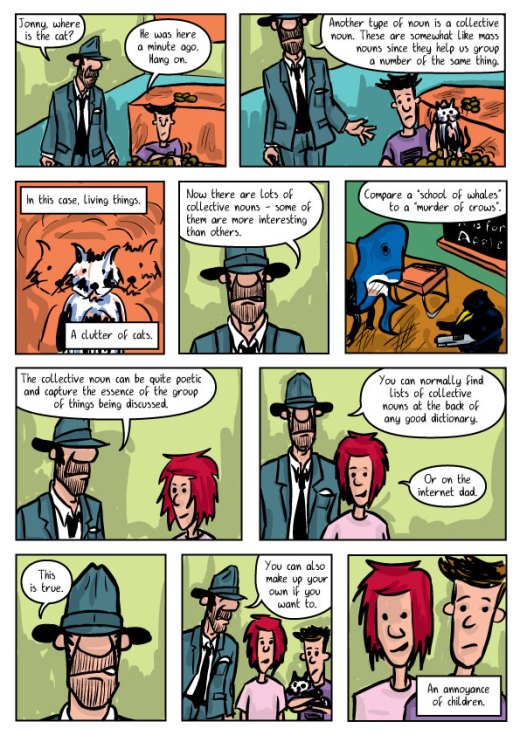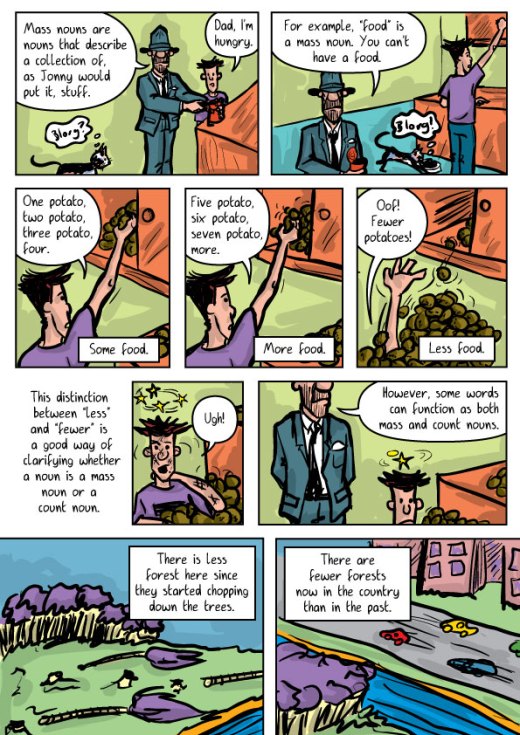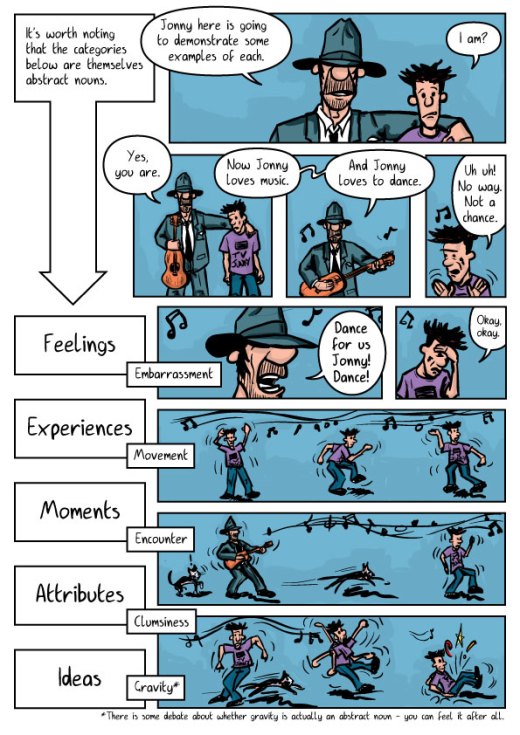Thanks to Chris Collins for this feedback.
Pronouns aren’t nouns. Their job is to replace nouns, that much I was right on, but to describe them as a special type of noun is not accurate. The question I had to ask though was why not? A little bit of digging and I found this at http://forums.atozteacherstuff.com/showthread.php?t=28629&page=3:
“A pronoun is not in fact a noun per se, because it cannot substitute for a noun per se. The word classroom, underlined in sentence (a) below, is pretty unexceptionally a noun. If it were true that a pronoun can substitute for a noun, then sentence (b) ought to be acceptable, because it is substituted for classroom, but that sentence is no good. In fact, what a pronoun can be substituted for is a noun phrase – here, the classroom – and that’s why sentence (c) is all right.
a. The teacher locked the classroom.
b. *The teacher locked the it.
c. The teacher locked it.
In linguistics, a noun is any word that can be used where a noun (not a pronoun, not a noun phrase) can be used. This definition sounds really unwieldy, but it turns out to work a little more reliably than the old person-place-or-thing definition (it’s a little difficult to see beauty or ridicule or swimming, for example, as things in the usual sense).”
Basically (and I hope I’ve got this right) there must exist a noun or a noun phrase that the pronoun replaces, otherwise it makes no sense. While the function of a pronoun is that of a noun or a noun phrase*, without the assumption that one such word or phrase exists (whether it is mentioned or not) a pronoun does not mean anything. A pronoun cannot be used without replacing something.
If you don’t understand what the problem is, don’t panic. All it amounts to is a border dispute by two neighbouring countries that are almost identical in culture.
Anyway, expect amendments to page eight in future posts.
*Noun phrases will be addressed when discussing sentence construction in chapter two.
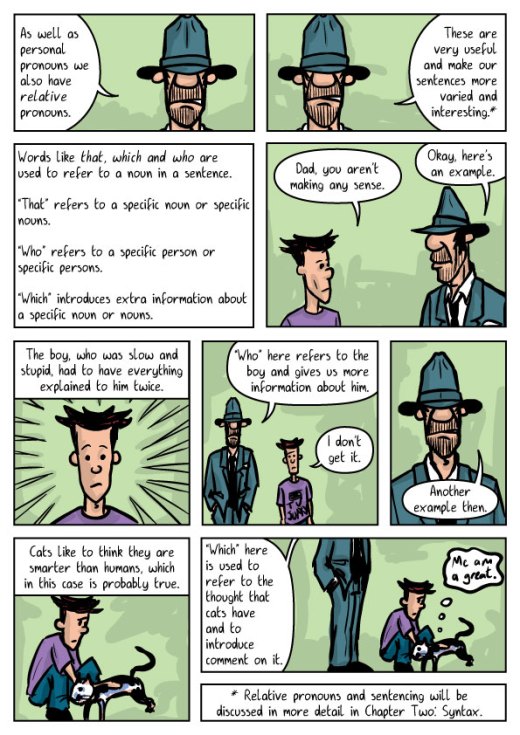 Apologies for the delay on this one. I’ve been off work this last week or so and I’ve been galavanting. The bonus is you should have two pages this week and then back on schedule for next.
Apologies for the delay on this one. I’ve been off work this last week or so and I’ve been galavanting. The bonus is you should have two pages this week and then back on schedule for next.